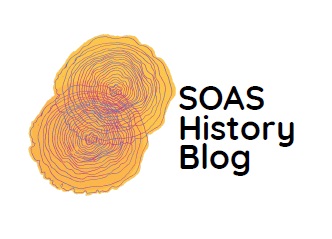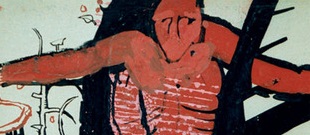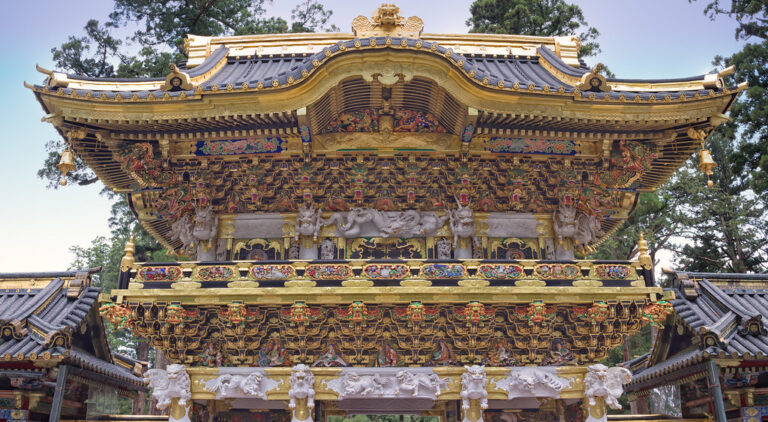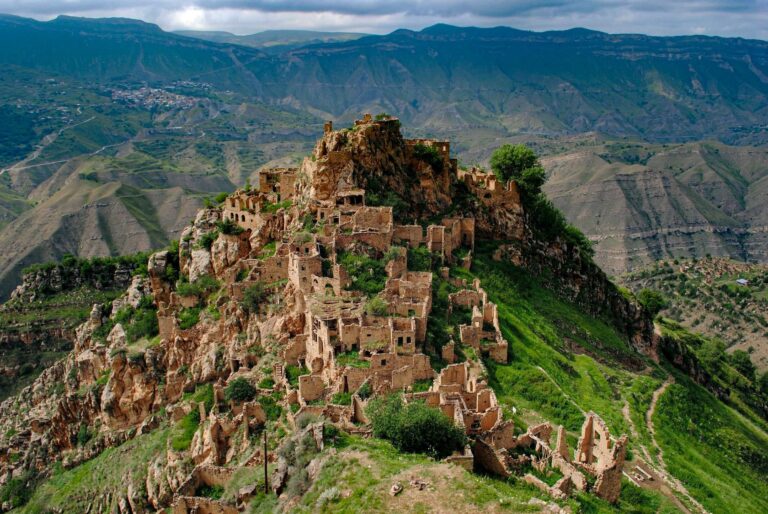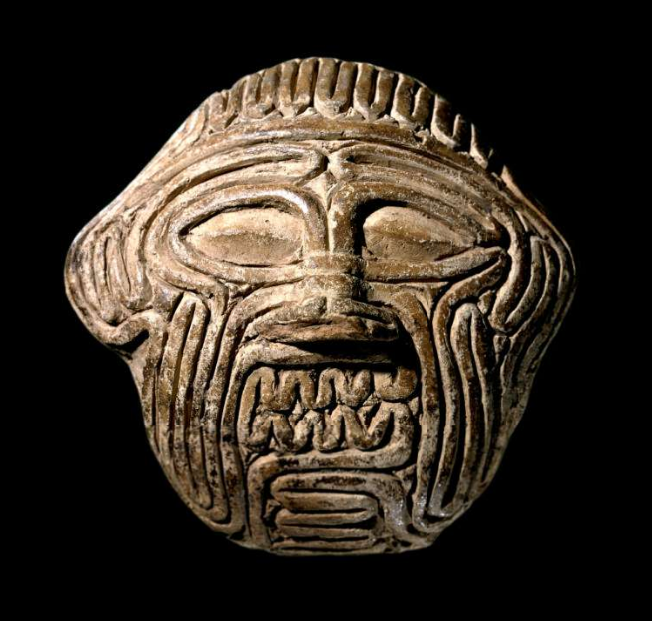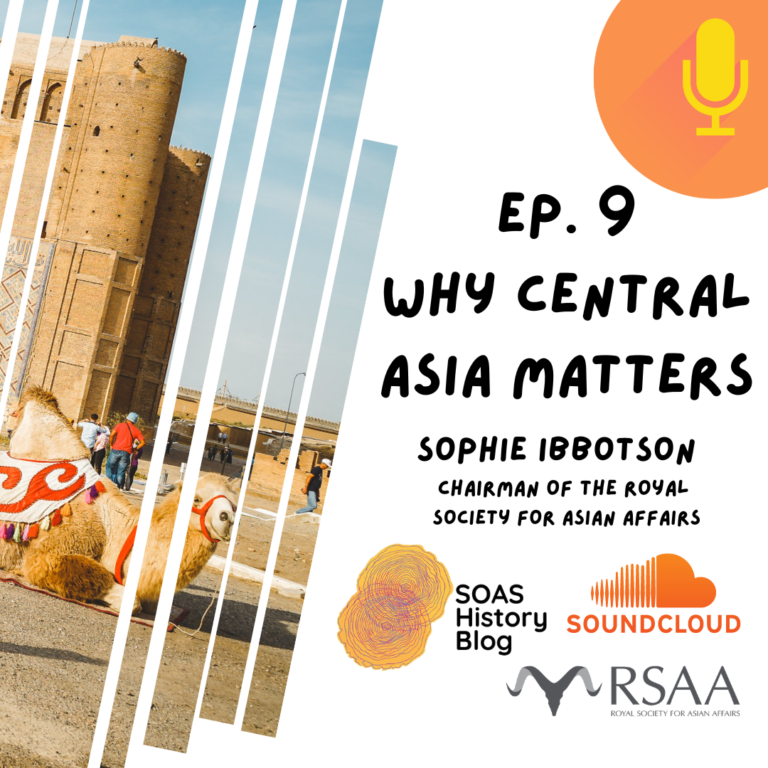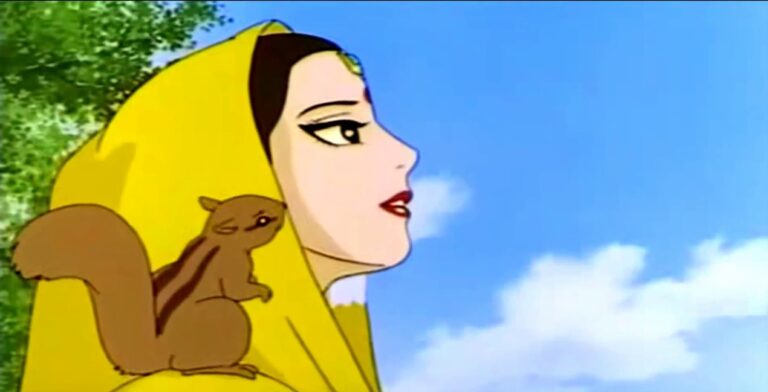Thinking through Australian Coloniality: An Autoethnographic Reflection on Ancestry, Epistemology and Academia
by Ellan A. Lincoln-Hyde
CW: Readers are advised that this article and some connecting links contain images and voices of deceased persons. This article also contains discussion of genocide.
The raindrops and the streams are the tears and the blood of the land. The texture of the stone is the texture of our skin. We are alive, the land is alive. No colonial power can ever rob us of this.
Dennis Foley, Gai-mariagal elder, 2001
There are few things more pleasing than the contemplation of order and useful arrangement.
Arthur Phillip, First Governor of New South Wales, and commander
of the NSW Army Corp during the time of the Frontier Wars
January 26th
In a post-colonial country situated north of Earth’s driest continent, south of Timor-Leste, west of Aotearoa, and to the far east of Repoblikan’i Madagasikara, an invasion is often celebrated and some call it Australia Day. To those on this large island the last week of January brings protests, rocketing talk-back radio ratings and TV-debates aplenty. Though various city councils have taken a stance against this, still a large number of institutions and individuals claim this Gregorian date as the ‘founding’ of Australia – the landing of the first fleet of convict prisoners, their British marine guards, and the crews of the ships who transported them, on an area of land belonging to the Gai-mariagal people. Until the 1930s, January 26 was largely an occasion for white Australians in New South Wales, other settler communities in other states having their own dates of commemoration. This also included, in 1938, the forced participation of Indigenous dancers in a re-creation of events upon threat of rations being withheld from their families held in mission stations. Until 1988 the day was not considered a nation-wide affair, and only upon the bicentenary of the fleet’s arrival were various states and municipalities urged to take on the date and the nomenclature. As the offspring of two people who met on a re-enactment of the First Fleet during the bicentennial year, both of whom had convict or settler ancestry, my existence is doubly rooted in an imperialist venture and the celebration of it.
This short reflection is not a history of the genocide of the Aboriginal and Torres Strait Islander peoples that ensued, the impact of the White Australia Policy on twentieth century Australia, or even an attempt to propose a new date for the national day of the Commonwealth of Australia (which is explored extensively, almost annually). As an individual effected by colonial legacies, this is an autoethnographic reflection of how the word ‘coloniality’ resonates with me within and beyond the paradigms of academic conversation whenever the date approaches January 26.

Source, article by Ngarra Murray, 2018.

Being a Colonial
At Westminster Abbey I was taking part in a Christian worship service for civil servants and their friends and families this past Christmas. Half way through one of my favourite hymns I glanced down to the grave-stone paved floor of the nave and had a visceral reaction to the name I read. The inscription read: Sir Arthur Phillip, ‘first Governor of New South Wales’. The name likely means nothing to the average UK resident attending a service in Westminster, and even to many Australians. However, to me and anyone who has ploughed their way through The Fatal Shore or taken even a passing interest in immediate post-invasion history in Australia, the name at best conjures notions of a brutal and sadistic legacy of penal subjugation, and at worst a genocide the breadth and violence of which continues to impact Australian society today. As the first governor of what became known as the state of New South Wales, Phillip oversaw the setting up of some of the most systemic modes of punishment and human (de)categorisation in the ‘enlightened’ world. One of the most famous policy-descendants of this being the punitive White Australia Policy, which ferociously affected Indigenous Australians and severely affected non-White, non-Anglo immigrants for most of the twentieth century. I wanted to stamp on the tombstone, spit on it, erase the words through repeated kickings. But I refrained, firstly because I was the guest at a time and place of worship, but later, I realised, because I was intimidated by the Abbey itself – the spatial manifestation (along with the British Museum) of British Imperialism.
When I arrived in the UK to start my PhD at SOAS, some British folks thought that ‘jokes’ about my being an ‘ex-colonial’, having ‘done my time’ and urging others ‘to watch this one in case they steal something’ were acceptable. I found myself unable to articulate, briefly, why the comment was so hurtful. Until the late 1990s, to have convict ancestry was a thing of shame, an aspect of identity to hide. Today, about 1 in 5 Australians have a convict ancestor, and pride of lineage is still a complex and difficult public conversation. Indeed there is extremely limited education within and beyond Australia as to how vicious the penal origins of contemporary Australia were, or how consistently the ancestors of Indigenous Australians mobilised and resisted the invasion of their lands. The 1400 or so convicts and guards of the First Fleet were not homogeneously English, nor white. Recent studies show at least eleven of the first convicts were of African descent. Works from contemporary historians, such as SOAS academic Samia Khautun’s Australianama, are only now starting to broaden the understanding of the ethnic identities of Australia’s earliest settler and trader communities. Though I would not refer to myself as one, being ‘a colonial’ is an uncomfortable place to be when your ancestors were simultaneously the victims of horrific British penal codes, and also the instigators of genocide.

Coloniality as Epistemology
Coloniality is also, in my current context as an Australian living in London, a notion of cultural inferiority. Epistemologically, systems and institutions of the colonial era affect contemporary Australia. Even the most tangential identities or symbols pertaining to it hold subconscious sway. An example of how white anglophone Australians remain in deference UK, and also US cultures, came early in my life: I noticed that at my majority-white school, high-profile leadership jobs would go to largely inexperienced and under-qualified persons as long as they were white and British (interestingly, what British persons may refer to as ‘class’ was not a qualifier I observed for British teaching staff in Australia). My much younger self could not understand why people with only two or three years’ experience in teaching were being made the head of large, rural boarding schools, their decision affecting the lives of students whose whole social structure existed on a continent and natural environment in which they had no experience. This, in the context of Australian wildlife and bushfire preparedness, was a potentially life-affecting lack of experience. In retrospect, I now realise that the white British employee was a subconscious symbol of ‘origin’ – trained and bred in the source of the boarding school system. Never mind that when I was in high school Australian and British boarding schools were operated and structured quite differently to each other. In many cases, I also observed archaic notions of gender and discipline being re-integrated into my schools by these individuals, and fading away again whenever they (inevitably) moved to sunnier, more ‘stereotypically Australian’ areas of the country.
Looking back now I realise that, despite my small efforts of questioning as a teenager, I bought right into significant aspects of the colonial mindset. The motivations for the location of my current study are bound to it. My first degree was in classical music performance. This art form was pushed on me as a way of showing how far a kid from working class, convict and early settler origins could come up the privilege tree; not a dissimilar experience to many persons engaging in the art form globally. I sat dozens of entry tests for scholarships to private schools so as to affix the words ‘college’ and ‘grammar’ on my CV, hoping people then overlook the rural, working class address area written (in very small font) at the top of the page. I wanted to do my PhD in London because I had observed that overseas training meant more work opportunities in my own country. My maternal family are dairy farmers and my paternal line are fishermen. Only two other people in my family’s known history have been to university, so a PhD also seemed a way of ‘proving’ myself and my family in our society. The feeling is far from singular. Australians with limited variation in their immigration history (read: a bigoted approach to who makes an appropriate marital partner) have a strong case of what we have called ‘cultural cringe’. To speak in generalisations for the sake of brevity: white anglophone-only Australians have an issue embracing ‘a culture’ (whatever this means) and are self-effacing when it comes to describing who and what we are. This stems most obviously from British power structures from the late 1700s, to the late 1900s, but has endured into a nagging insecurity for many twenty-first century Australians. Only a few years before I was born, it was still difficult to get a job as a TV anchor or radio news reader if one had a ‘bad’ or ‘nasal’ accent. Jokes such as ‘what’s the difference between Australia and a pot of yogurt? (Punchline: The yoghurt has a culture)’ are seemingly innocuous but ever present.
Coloniality as Academic Theory
From as early as primary school, however, it was also due to my educational contexts that I started to query why certain symbols and rituals were so. I wondered, with all the Dreamtime stories we were told in library hour, and with all the Acknowledgements of Country we said with no Indigenous persons seemingly present, why we were simultaneously singing a truncated version of an overtly Imperialist national anthem. (Only in researching this article did I learn that even ‘the Dreaming’ is a term invented by a white anthropologist.) This spilled over into broader academic queries of the system, particularly when I first started learning Chinese in high school, at a time when our conservative federal government retracted funding to Asian languages in government-run schools.
Before the early 2000s, working-class and farming area government schools largely taught Indonesian (Bahasa Indonesia, the lingua franca of the most powerful nation in our immediate vicinity, with almost 10 times the Australian population). As an adult, I now suspect the White Australia Policy has been working itself into the education and immigration systems of the twenty-first century from beyond the legal grave. Despite this, from a very young age I somehow determined that Chinese would be a handy language to know if you lived in Australia, and I could not have known how correct little-me would be. My interest in how Western Classical music, as a medium for colonial ideology for the most part, was disseminated in China, gradually became of more interest to me as I progressed through studies in Australia then in Beijing. In the most academic sense I consider coloniality on a daily basis for my own research on the spread of Western Classical music in China in the early twentieth century. Of course, there is considerable popular debate, academic definition-splitting, and political discourse to manoeuvre through when suggesting that there is a ‘legacy’ of ‘colonisation’ in China. However, applying contemporary decolonising theories to my own research leads me to tentatively suggest that colonial thought processes affect contemporary Chinese ideology and culture to a larger extent than is acknowledged, and that this can be historically shown through archival and oral history research.

In this sense, coloniality to me is an academic framework – along with anti-racist, feminist and queer methodologies, that affect my every day. It was as a Graduate Teaching Assistant for the first year SOAS history course Colonial Curricula: Empire and Education at SOAS and Beyond that I first shared the complexity of colonial legacy for myself, and for my white, anglo, rural home community. I am grateful for the time and space to discuss with great nuance this subject to a group of new historians, as the opportunity is still wanting in my national context. The immediate irony of my teaching a course on colonial curriculums is not lost on me, but I endeavoured in the class, and now in this article, to broaden the validity of my extra-curricular and educational experiences when seeking to apply anti-racist, feminist and de-colonising theory to my work and my life. While working on this article, I was reminded again at just how inaccessible and narrow the field of decolonisation literature is concerning Australia. It is customary when addressing conferences, audiences and large gatherings in Australia to begin with an acknowlegement of country. Far from home, I still choose to begin public addresses and academic discussions with an acknowledgement of the country on which I was raised and (mis)educated about my ancestry. Here too, I acknowledge that country and the elders of the Wurundjeri peoples of the Kulin Nation, those of the Woiwurrung, Bunurong, Wathaurong, Taungurong, and Dja Dja Wurrung, whose lands were stolen and never ceded.
Further directions
That I was only able to find words for what I now term ‘decolonising’ and ‘coloniality’ at a postgraduate level of study, outside of Australia, is an indication of the lack of nuance encouraged by our current political and educational systems. This is highlighted further when those talk shows, media analyses and public demonstrations roll around each January. At the top of this article I quoted Gai-marigal elder Dennis Foley, and his opinion that colonial entities can ultimately never take identity away, based on the fact that knowledge for the Gai-marigal resides beyond an imperial system. Following this I quoted the aforementioned Arthur Phillip, whose attitude to ‘organising’ and ‘structuring’ – however genocidal the consequences – appears so easily enjoyed; almost akin to the pleasures of a hobby. In Melbourne in 2019, some sources reported almost 80,000 rallying against the January 26 date, which made international media coverage. Despite this groundswell, every year I continue to observe tighter bindings of institutional and popular media imaginings wrapping themselves around January 26. Every summer, the ‘order and useful arrangement’ of Australia’s annual calendar is approached by some with a nonchalant and disturbing joy.
Below are some introductory resources relevant to this article:
Terri Janke, True Tracks: create a culture of innovation with Indigenous knowledge, TEDxJCU Cairns 2016.
Stan Grant, Talking to My Country, Sydney: Scribe Publications, 2016. (Sydney Writers’ Festival interview here.)
Samia Khatun, Australianama: the South Asian Odyssey Australia, in London: Hurst & Company, 2020. (Panel discussion with Dr Khatun here.)
John Connor, The Australian Frontier Wars, 1788-1838, Sydney: UNSW Press, 2002.
Foley et al., The Aboriginal Tent Embassy: Sovereignty, Black Power, Land Rights and the State, London: Routledge, 2014.
Robert Hughes, The Fatal Shore, New York: Alfred A. Knopf, 1986.
Attwood et al., The 1967 Referendum: Race, Power and the Australian Constitution, Maraga (ACT): Aboriginal Studies Press, 2007.
Peter H. Russell, Recognizing Aboriginal Title: The Mabo Case and Indigenous Resistance to English-Settler Colonialism, Toronto: University of Toronto Press, 2005.
Bruce Pascoe, Dark Emu: Black Seeds: Agriculture or Accident, Broome: Magabala Books, 2014. (TEDxSydney talk by author here, criticism of the work here.)
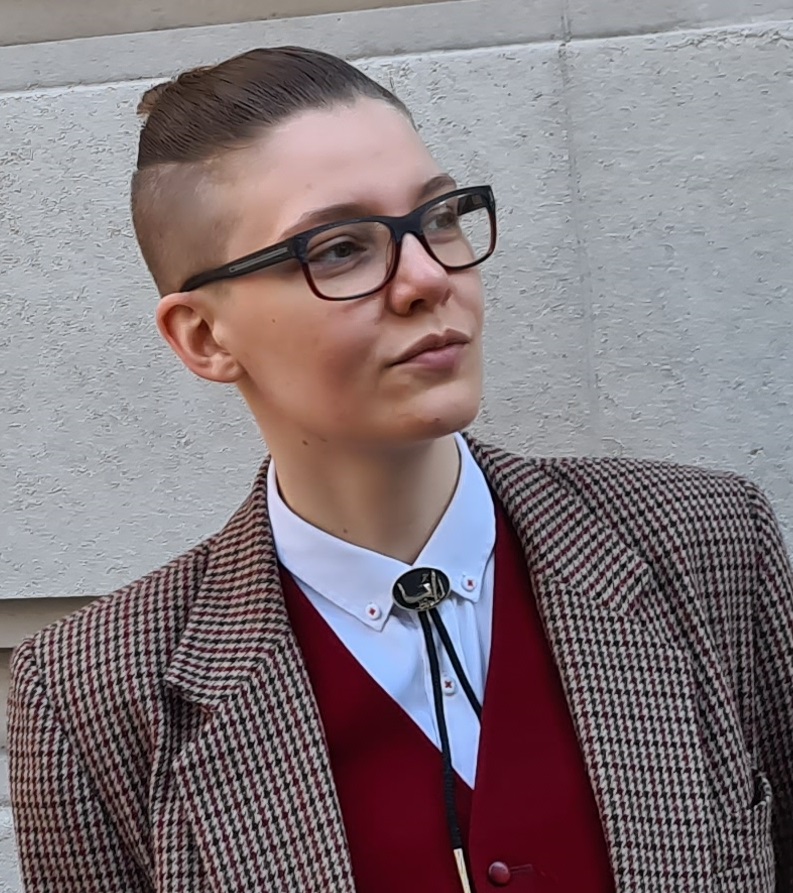
Ellan A. Lincoln-Hyde
they/them
Ellan (eh-LAHN) is an Australian-trained freelance researcher and multi-disciplined performing artist. Their research interest in the history of music during conflict has included papers and presentations on disabled troop entertainers in WWII, the Civil Rights era and opera, and the creation of Chinese socialist realist mass songs (1920s-’40s). Their PhD research at SOAS explores the spread of Western classical music in China. Ellan has previously worked for The Australian Ballet, The Australian Federal Ministry for the Arts, and Opera Australia. Ellan is also co-founder of The (In)Equal Temperament project and former founder/director of the Con to Kabul charity concert series.
OCRid: Ellan A. Lincoln-Hyde
LinkedIn: Ellan A. Lincoln-Hyde
Email: el30@soas.ac.uk
SOAS History Blog, Department of History, Religions and Philosophy, SOAS University of London
